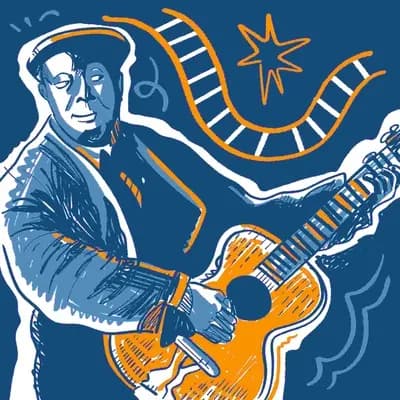
King Solomon Hill
1897 – 1949
The shocking meagerness of evidence documenting Hill's life is equivalent to the extent of his rare prowess on the guitar. So much so that one of the greatest pickers of pre-WWI times, Blind Lemon Jefferson, granted Hill his respect and friendship. Only 8 recordings exist of this ghost-like figure.
MuseScore tabs
No data found